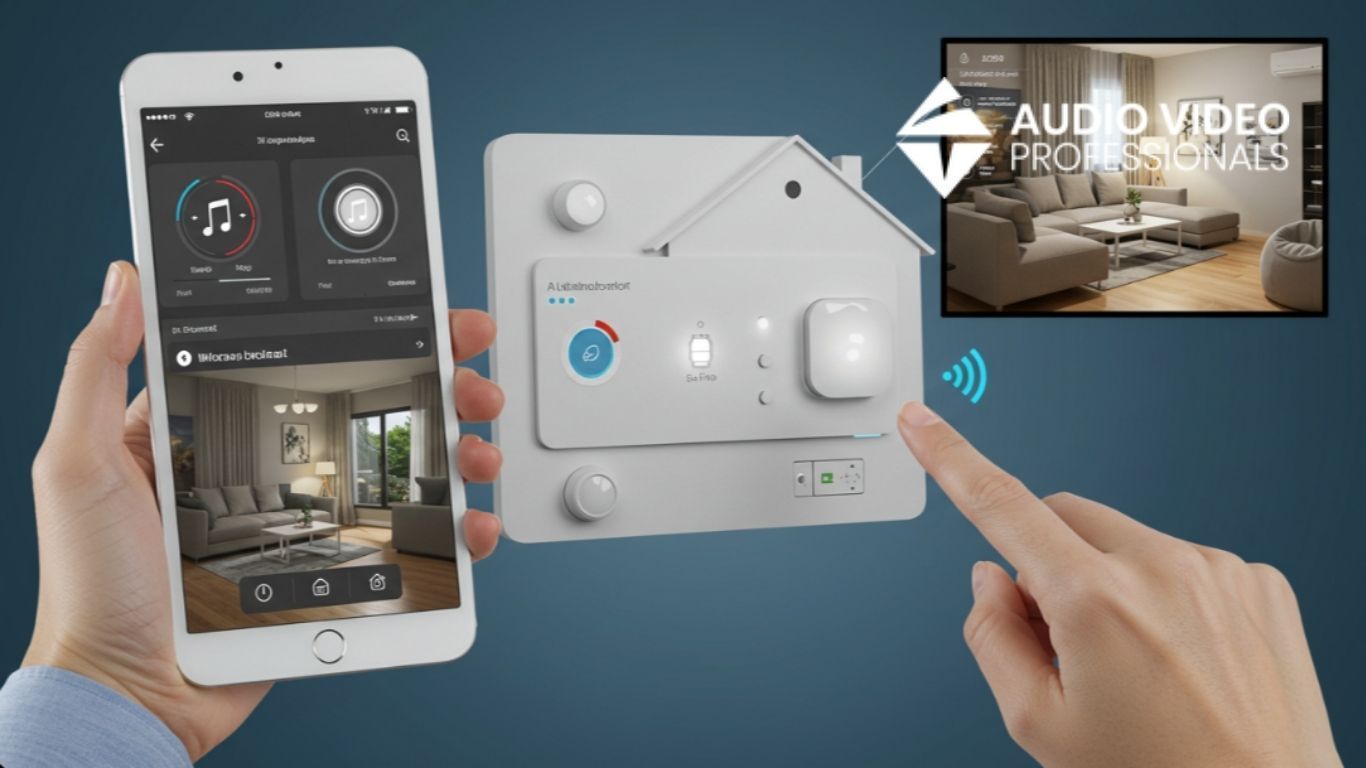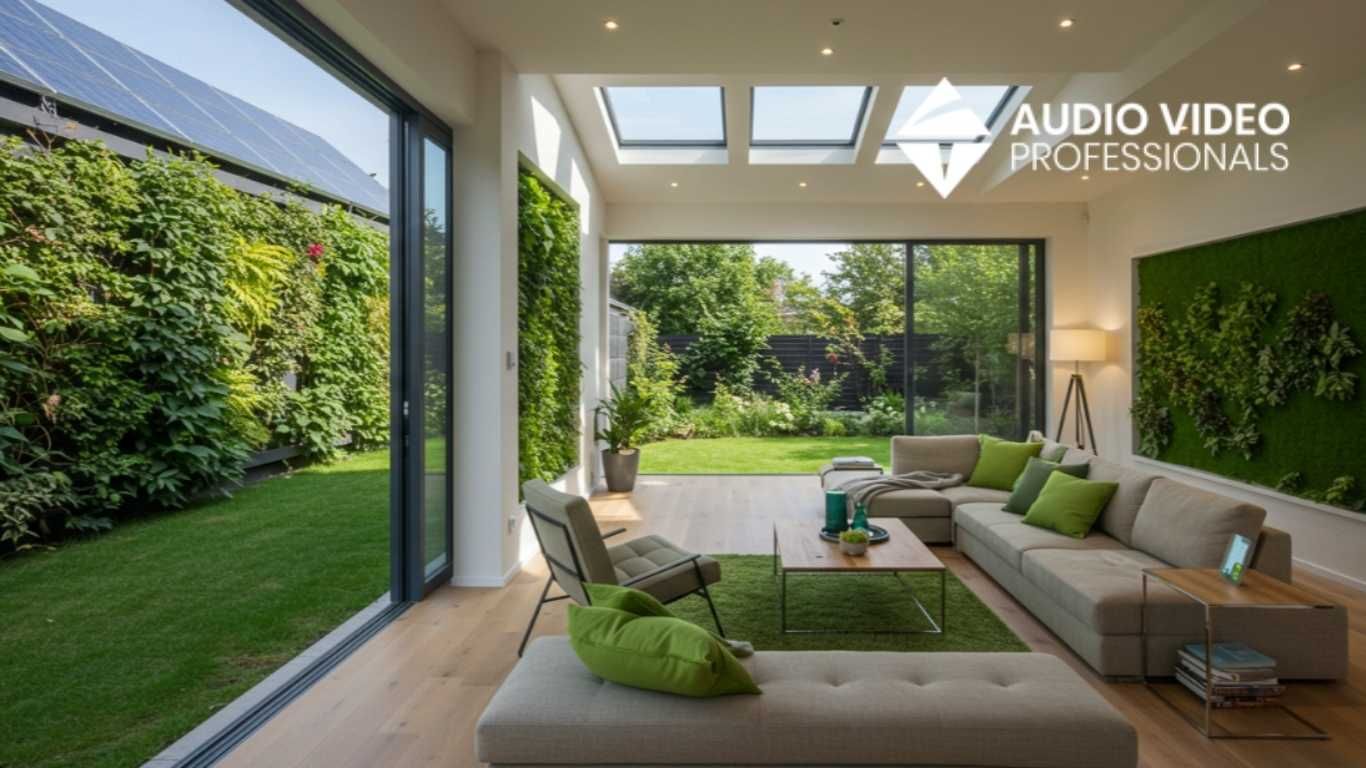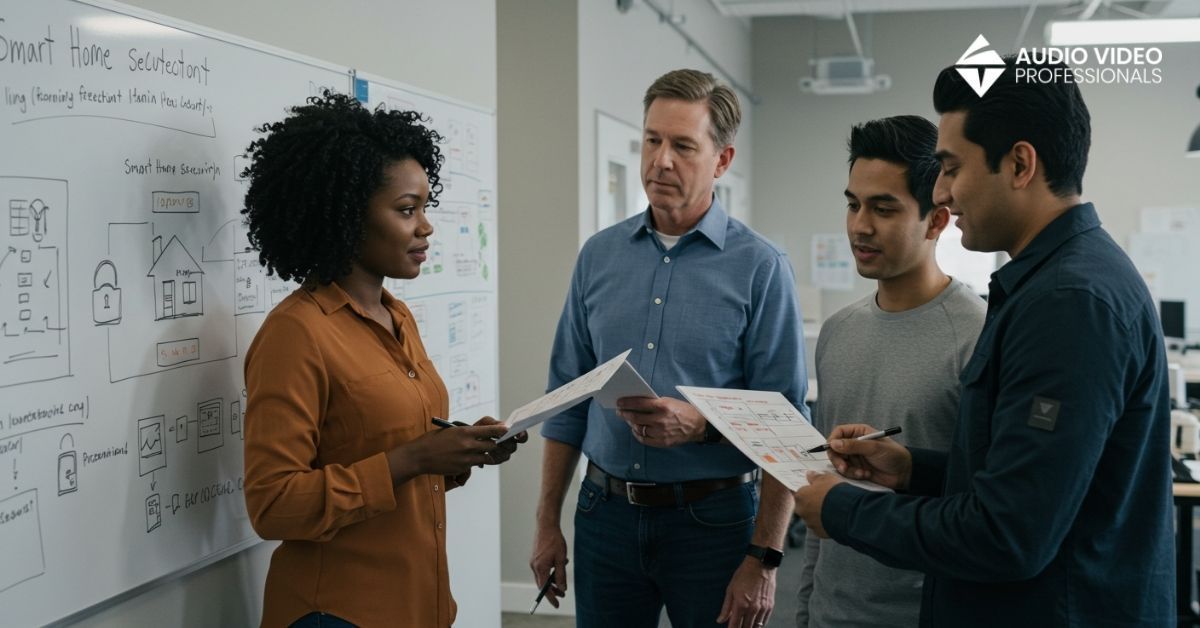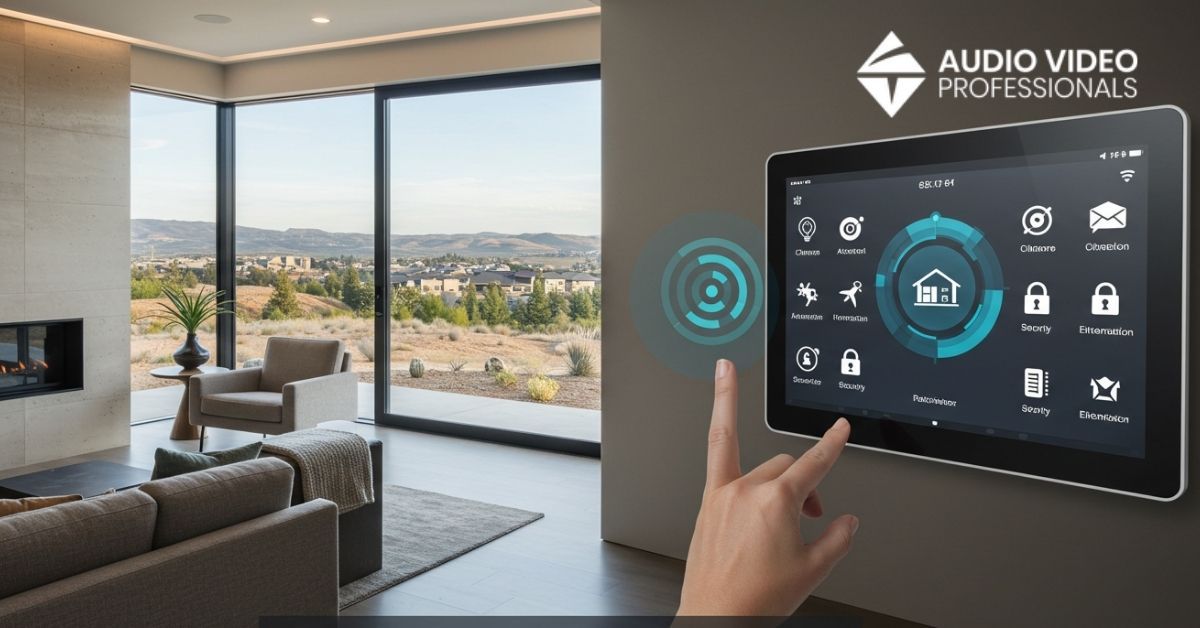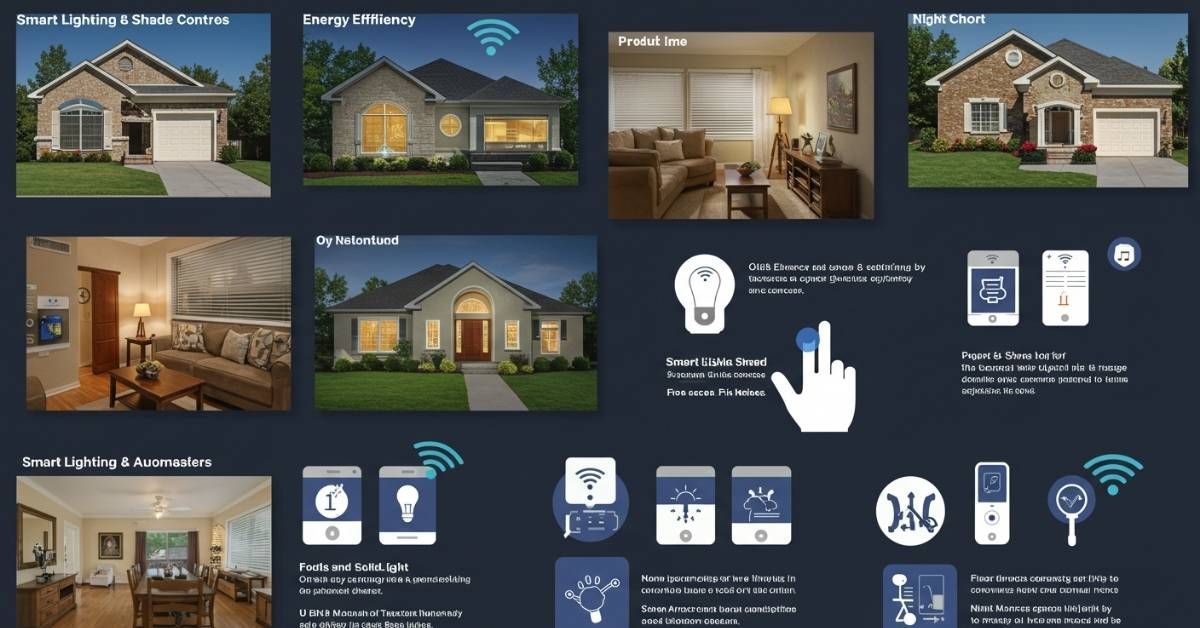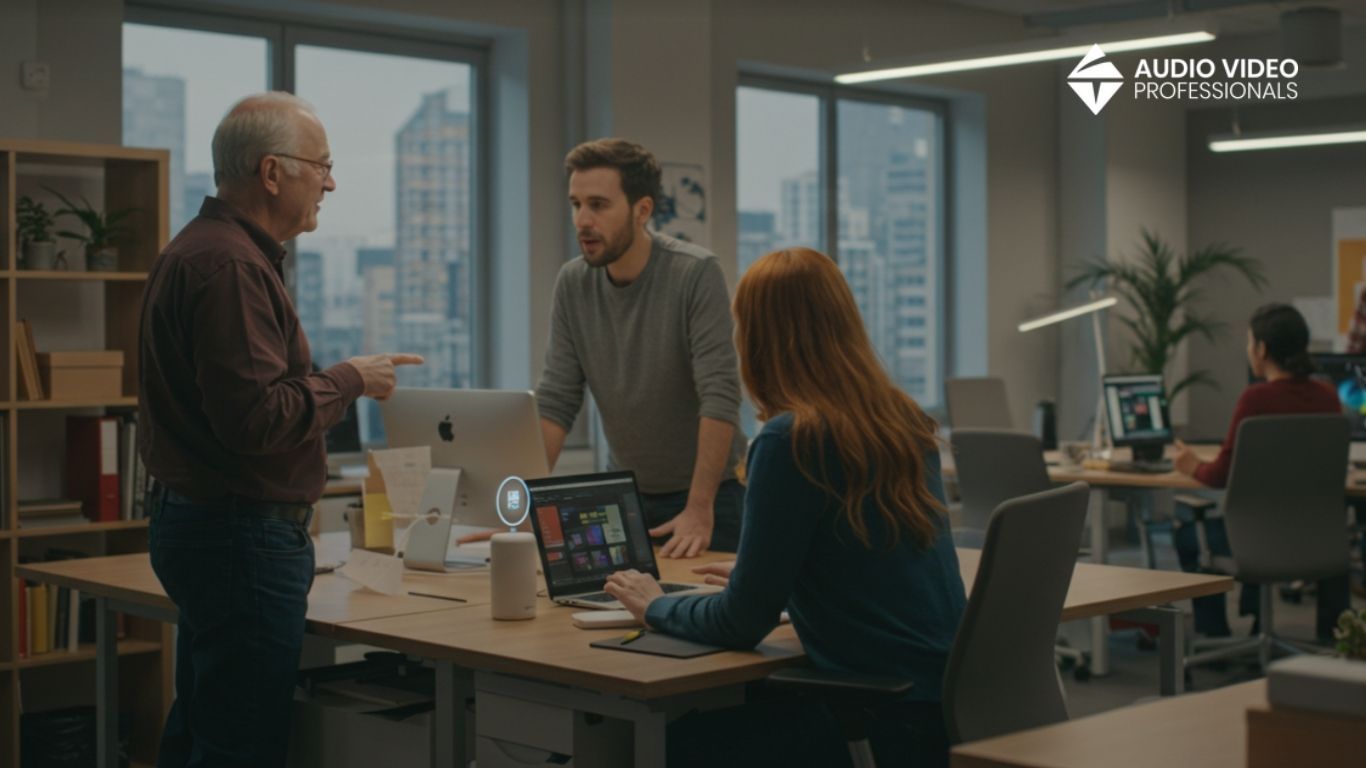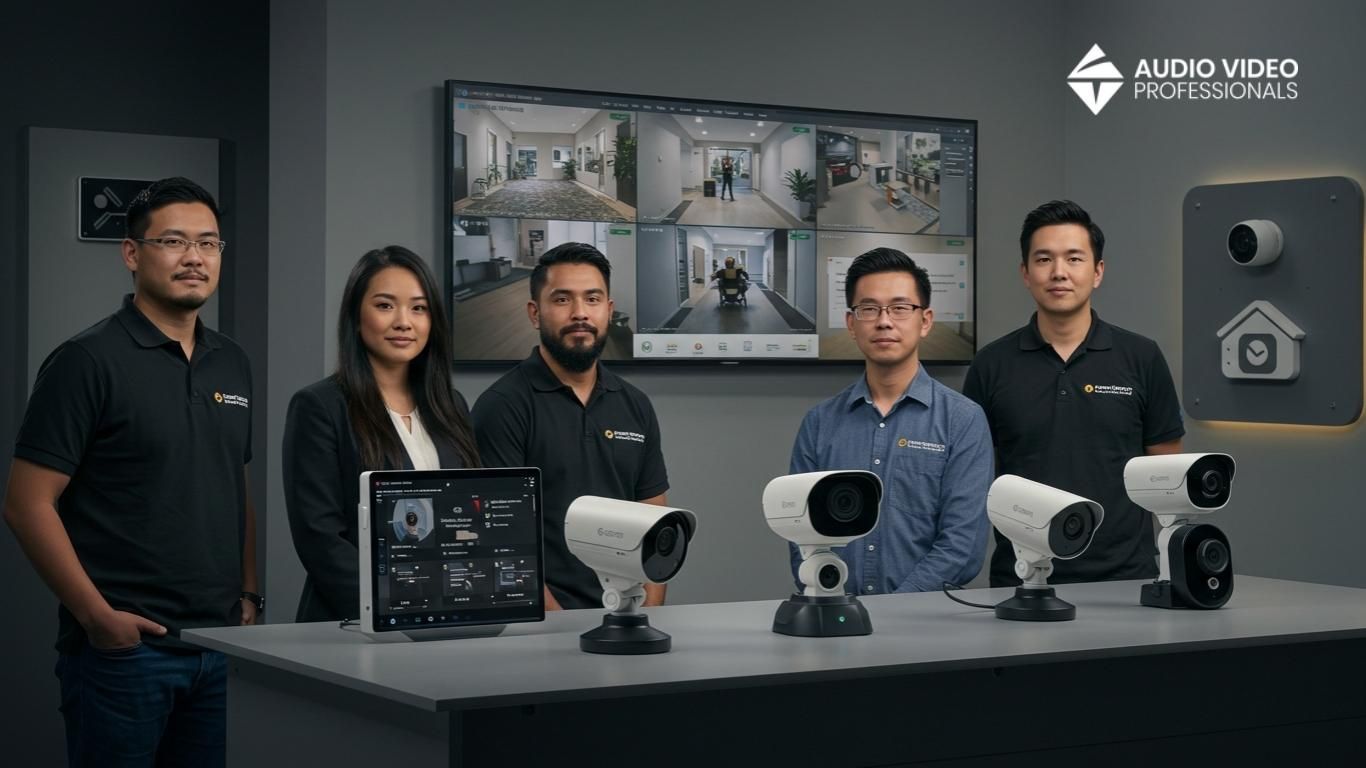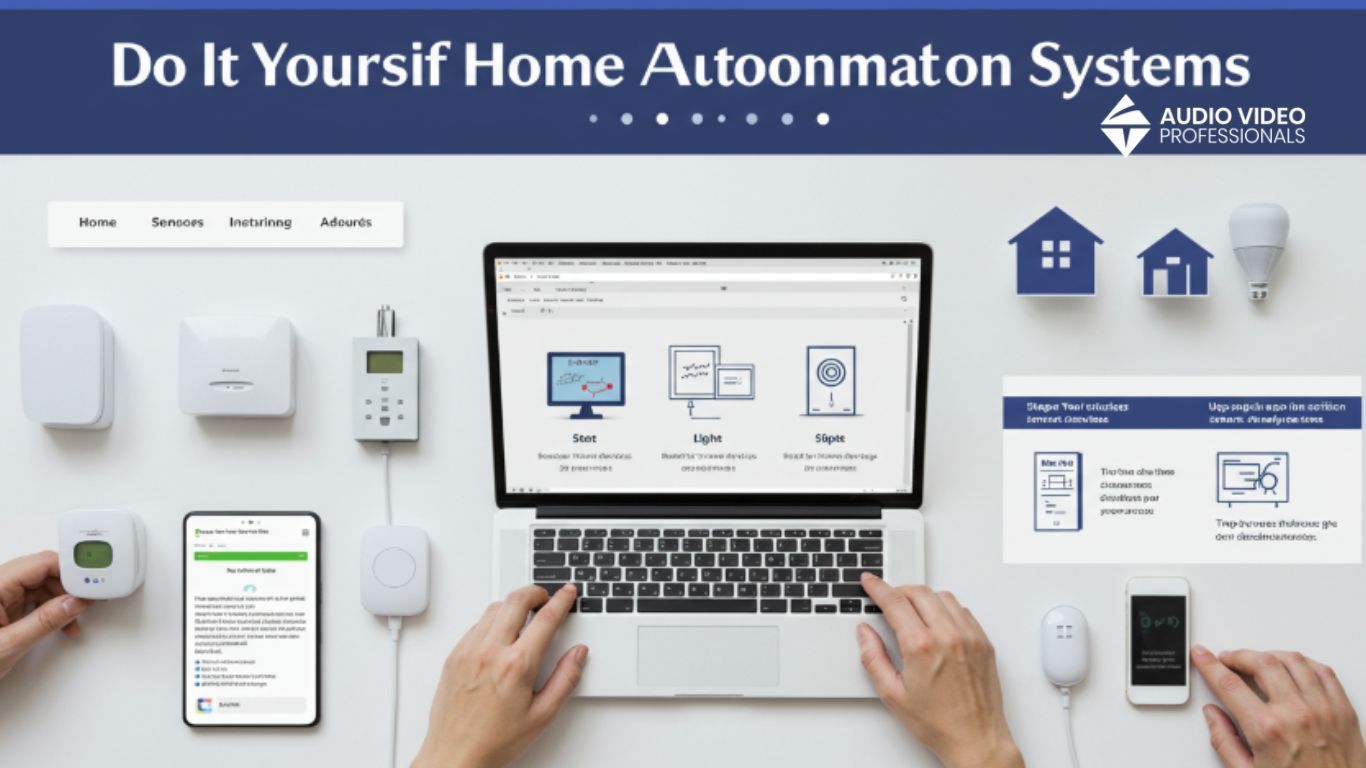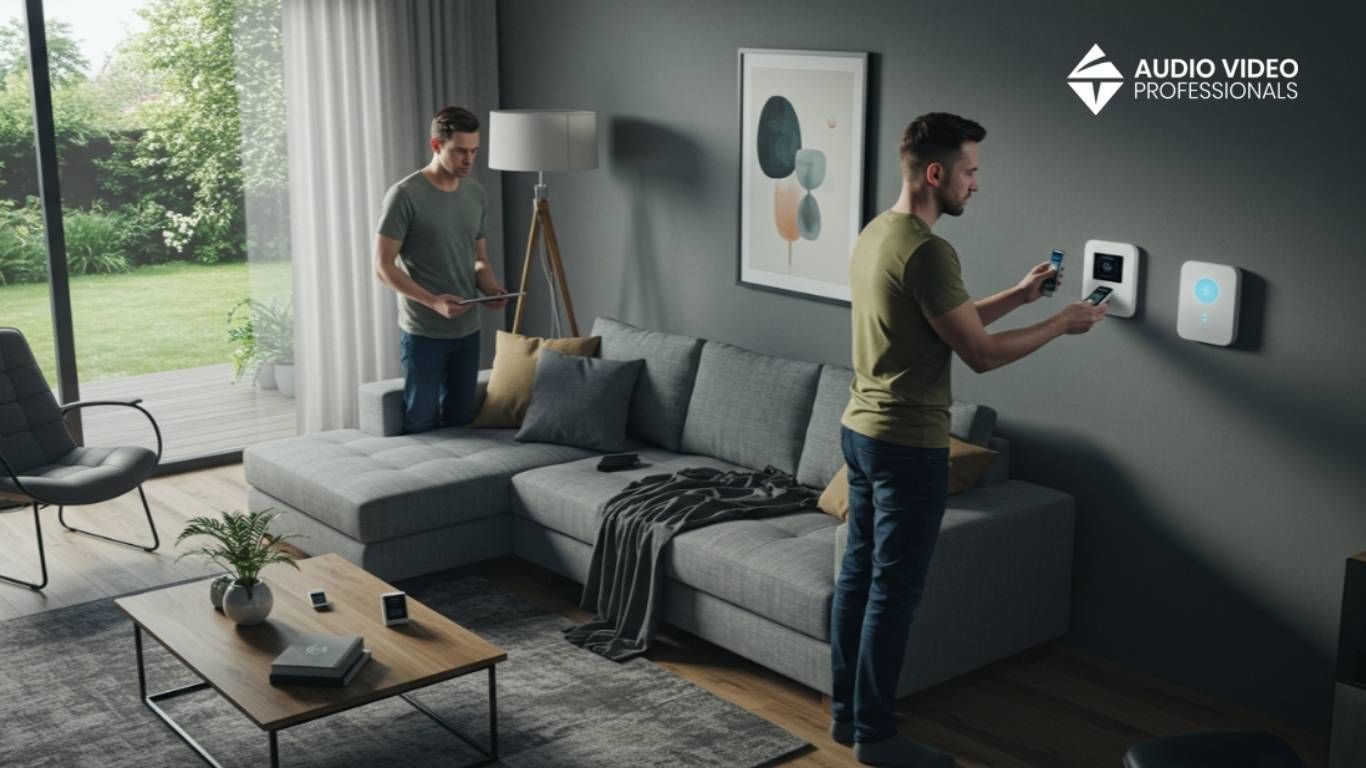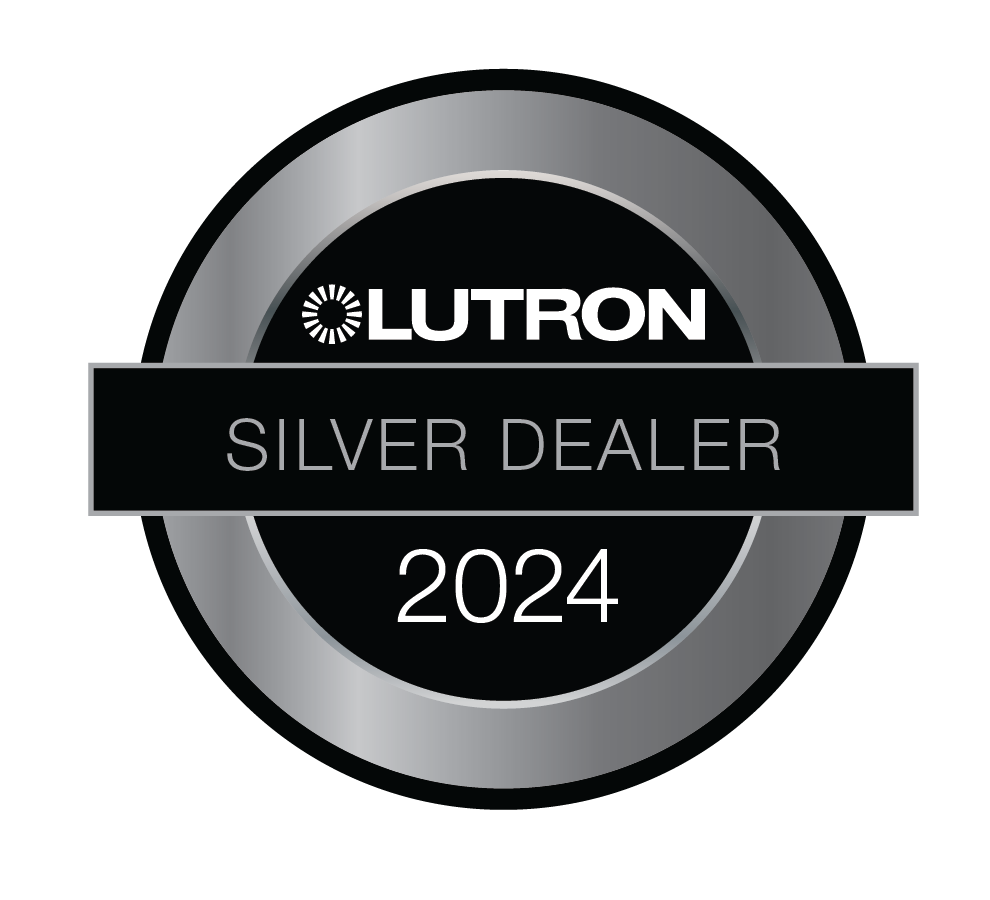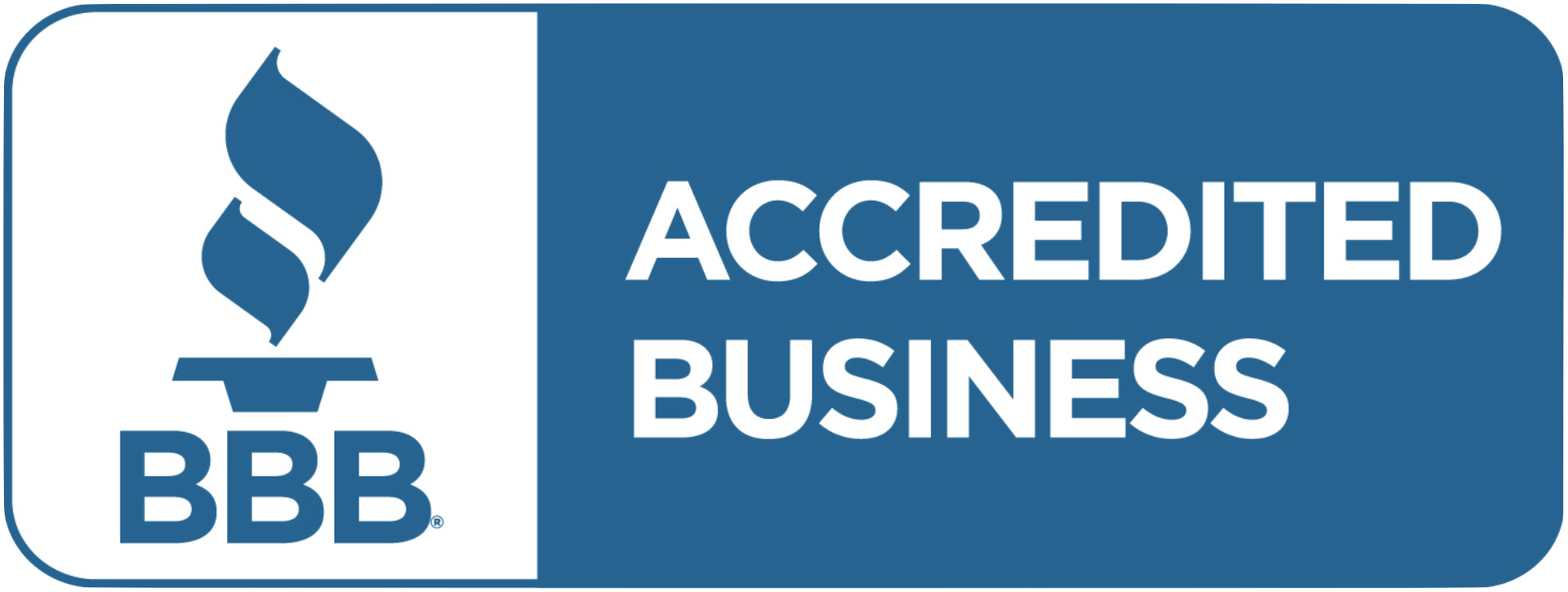How Much Does Home Automation Cost
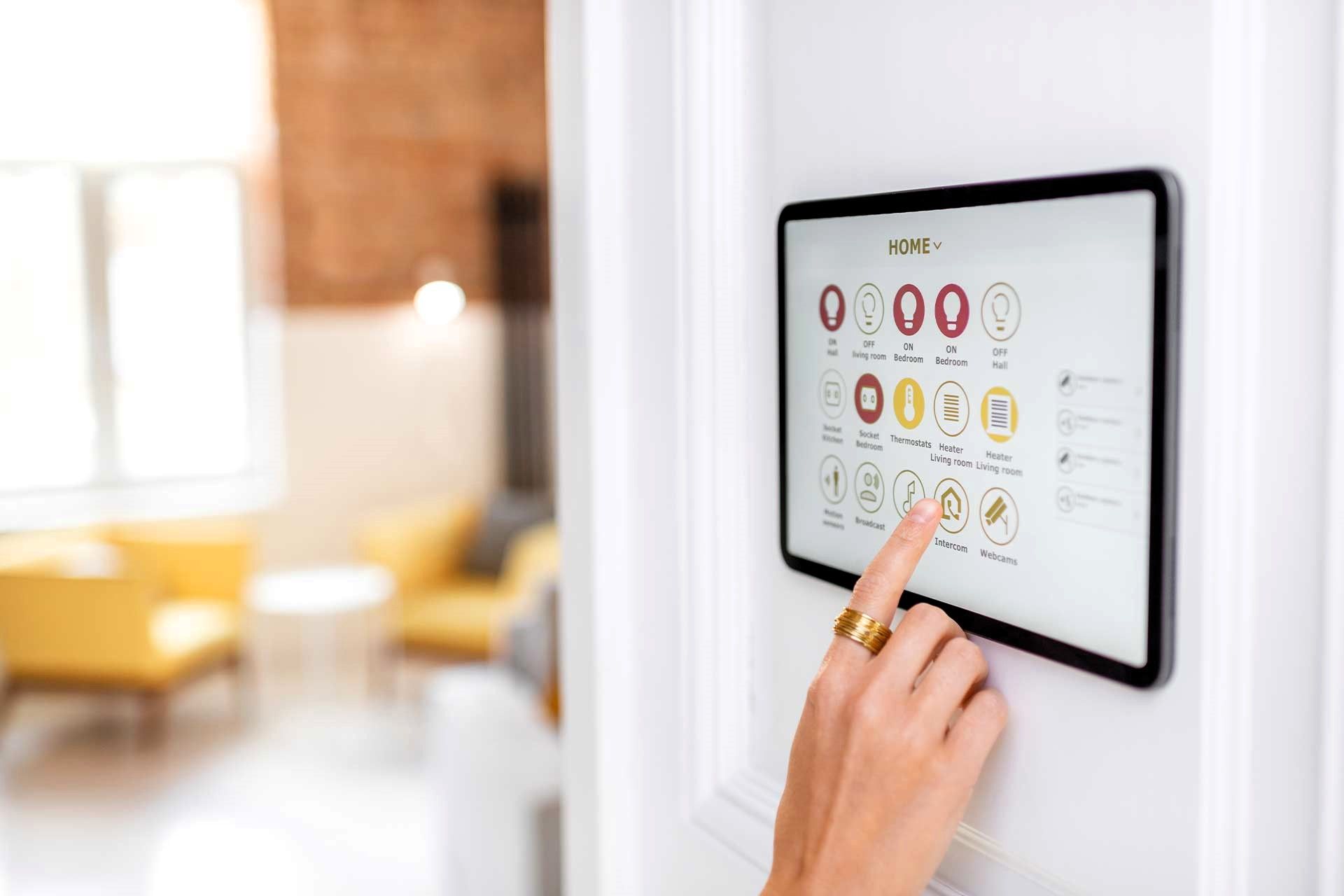
In the rapidly evolving world of technology, the dream of living in a smart home is becoming an achievable reality for many. The ability to control various aspects of your home with a simple tap on a smartphone or a voice command offers not just a novel convenience but a significantly enhanced lifestyle. However, as enticing as the prospect may seem, the financial implications of embarking on the home automation journey often pose a considerable concern. The landscape of home automation has seen substantial advancements, making this an opportune moment to explore the question.
What is Home Automation?
Home automation integrates technology into the daily operations of your home’s systems and appliances, allowing for automated control over lighting, temperature, security systems, and more. This integration facilitates a more efficient, secure, and convenient way of living. The concept, while seemingly futuristic, has been in development for years, A significant milestone in both the technology's accessibility and its cost-effectiveness.
Exploring the Spectrum of Home Automation Costs
DIY Installation vs. Professional Services
The path to a smart home can bifurcate into two distinct routes: the DIY installation and the professional service approach. DIY systems, which homeowners can install, manage, and maintain themselves, can cost anywhere from $250 to over $10,000, reflecting the highly customizable nature of smart homes. In contrast, professional installations offer a more hands-off experience for the homeowner but can significantly increase the project's cost, ranging from $8,000 to $25,000 for advanced control features and full-house automation.
Cost Breakdown by Home Area
The cost of automating your home is influenced heavily by the specific areas you choose to upgrade. Whether it's a smart garage setup costing between $300 and $850 or a fully automated kitchen ranging from $8,900 to $24,350, each area of your home presents unique opportunities for automation and associated costs.
Critical Factors Influencing Automation Costs
When delving into the world of home automation, several critical factors come into play, shaping the investment required. Firstly, the size of the system is a fundamental determinant. A comprehensive system that manages the entirety of a large property, including outdoor spaces like gardens and garages, demands a higher financial outlay due to the sheer volume of devices and the complexity of the network needed.
System complexity also holds significant sway over costs. Basic setups, focusing on lighting and heating control, present a lower barrier to entry. In contrast, sophisticated systems that integrate advanced security features, multi-room audio systems, and intricate climate control functionalities necessitate a more substantial investment. This complexity extends to customization levels, where personalized solutions, tailored to specific user behaviors and preferences, can escalate costs.
The choice of device type plays a pivotal role. The market offers a wide array of smart devices ranging from budget-friendly options to high-end models featuring cutting-edge technology. For instance, opting for smart thermostats with AI capabilities for learning user patterns will be costlier than basic models that merely allow remote control.
The wired vs. wireless protocol decision cannot be understated. Wired systems, though more reliable and secure, involve a rigorous installation process that may include renovation work to accommodate the necessary wiring, thus elevating costs. Wireless systems, offering ease of installation and flexibility, might seem cost-effective initially but may require additional investments in network extenders or upgrades to ensure seamless connectivity across larger properties.
Assessing the Value of Home Automation
The initial expenditure on home automation can be considerable, yet the investment is justified by the tangible and intangible benefits it brings. Enhanced security is among the foremost advantages, providing homeowners peace of mind through surveillance cameras, motion sensors, and automated locks that fortify the home against intrusions.
Energy savings emerge as a compelling benefit, with smart thermostats and lighting systems optimizing energy consumption, leading to reduced utility bills over time. The convenience of controlling your home's environment, whether adjusting the temperature, dimming the lights, or activating security systems from a smartphone or voice command, introduces unparalleled comfort and efficiency into daily life.
Moreover, the increase in property value is a significant consideration. As the demand for smart homes escalates in the real estate market, properties equipped with automation systems can command higher prices, making them attractive investments for the future.
The Future Outlook on Home Automation
Looking to the horizon, the domain of home automation is ripe for groundbreaking advancements. Trends indicate a move towards greater integration capabilities, with future systems poised to offer a more cohesive and user-friendly experience. The evolution towards more intuitive interfaces and the incorporation of artificial intelligence for predictive personalization will enhance the usability and functionality of home automation, making smart homes even more in tune with the occupants' needs.
These innovations are anticipated to not only enrich the feature set of home automation systems but potentially make them more accessible price-wise. As technology advances and becomes more mainstream, economies of scale may begin to reduce costs, making home automation an attainable luxury for a broader audience.
The journey into home automation, while requiring careful financial consideration, stands as a testament to the strides made in technology, offering a glimpse into a future where homes are not just living spaces but intelligent environments that enhance our lives in myriad ways.
Frequently Asked Questions
What should my budget be when considering home automation?
When planning your home automation budget, it's important to start by identifying which areas of your home you want to automate first. Consider both your immediate needs and potential future expansions. This approach allows you to allocate funds for initial setup costs while keeping room in your budget for gradual enhancements.
I'm new to home automation. How should I start?
If you're just stepping into the world of home automation, it's wise to start small. Begin with a basic system that addresses your most immediate needs. This might include devices like smart thermostats and smart lighting. Over time, as you become more comfortable with the technology, you can scale up your system to include more advanced features.
Are there ongoing costs I should be aware of with home automation?
Yes, beyond the initial purchase and installation costs, be prepared for potential ongoing expenses. These can include maintenance fees, subscription services for specific devices, and the costs associated with future upgrades. These ongoing costs are an important consideration in the total cost of ownership of a smart home.
What are the first steps I should take in automating my home?
A good foundation for your smart home can be built by starting with essential devices that offer both significant benefits and ease of use. Smart thermostats and smart lighting systems are excellent starting points, as they provide immediate improvements in home comfort and energy efficiency, and are generally easier to integrate with other smart home systems.
How does investing in home automation impact my property's value?
Investing in home automation can significantly enhance your property's appeal to future buyers, potentially increasing its market value. As smart homes become more desirable, features like integrated security systems, automated lighting, and climate control are attractive selling points that can set your home apart in a competitive real estate market.
Conclusion
Embarking on the journey to a smart home requires careful consideration of the costs involved. However, the benefits of home automation, from enhanced security and efficiency to unparalleled convenience, offer compelling reasons to make the investment. As technology continues to advance, the dream of living in a fully automated home is becoming more attainable, promising a future where our living spaces are more in tune with our needs and preferences than ever before.
This blog is proudly brought to you by Audio Video Idaho, your trusted source for custom audio-visual solutions. Digital marketing support provided by Pro Growe, specialists in SEO and web presence for small businesses.

